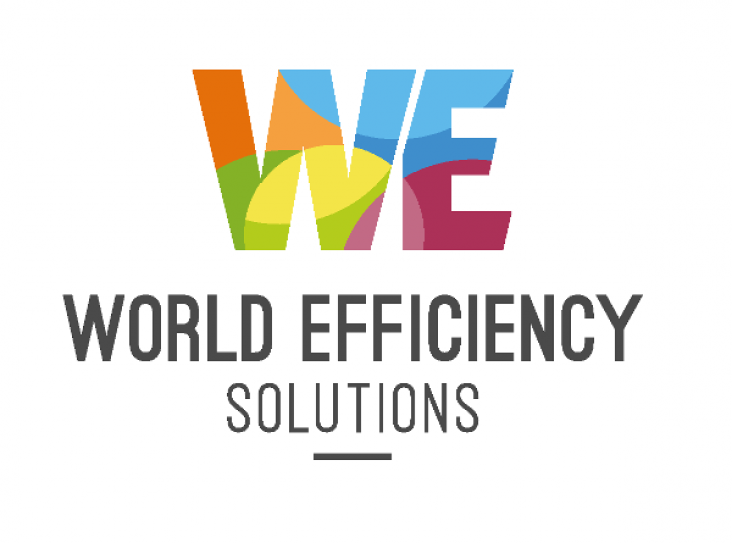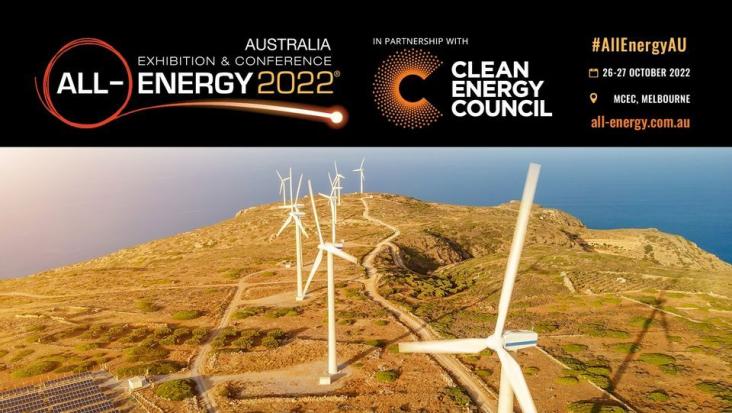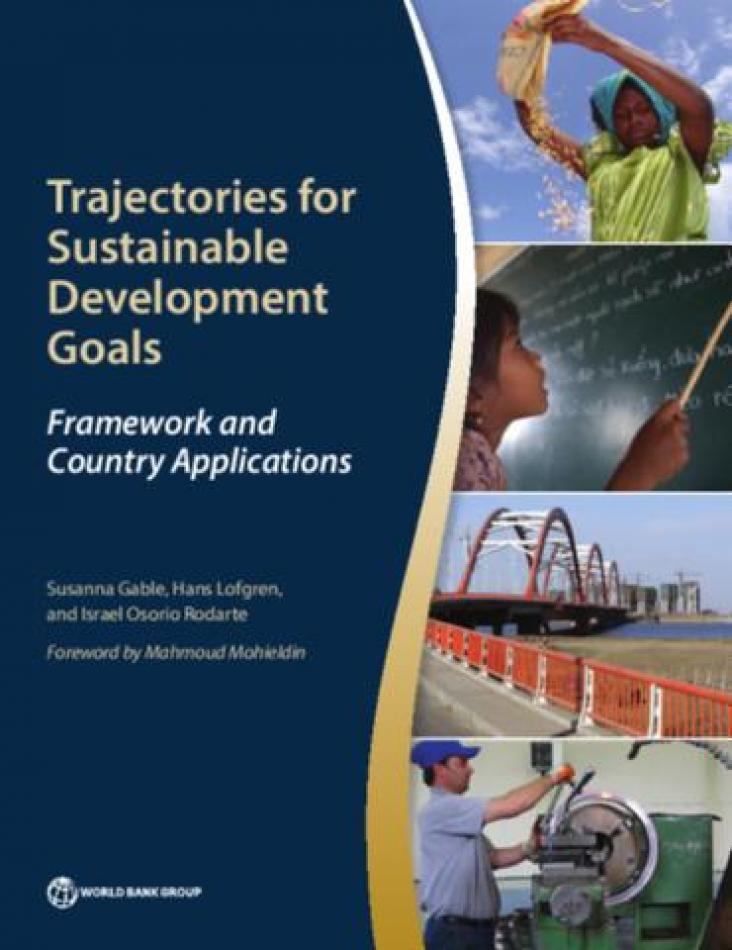The consumer and legislative demand to reduce plastic packaging supports goal 12 (responsible consumption and production). This report looks at the increasing demand for plastic packaging in-light of recent European legislation to reduce it.
Supporting Goal 11. China's import ban on plastic waste will increase demand for virgin resin, causing a rise in utilisation rates for plants.

Supporting Goal 11. China’s campaign to clean-up its environment. spurs record profits in chemicals value chains.

World Efficiency Solutions (WES) is the premier international meeting for the low-carbon and resource-efficient economy focussed on creating the low-carbon and resource-efficient market place. WES was first held in 2015 in Paris during COP21 negotiations, focusing on climate change solutions. World Efficiency develops a new environment consensus: economic and human activities must, to be sustainable, be redesigned to limit their impact on the environment while awareness of the planetary limits (climate change and resources scarcity) becomes widespread. A key objective for WES 2017 is to Identify new market opportunities aligned to the 2030 Sustainable Development Goals (estimated market opportunities are larger than USD 12 trillion) and the Paris Agreement on Climate Change from 2015.

All-Energy Australia is where the country’s clean energy industry meets over two inspiring days to access the latest, cutting-edge information. All-Energy Australia combines a free-to-attend, business-to-business, world-class multi-stream conference with an unrivaled professional development and networking forum alongside a comprehensive exhibition. Clean energy professionals and end-users benefit from unique access to a showcase of innovations in renewable energy including sustainable transport, solar technology, energy storage, energy efficiency and future grid.

This book presents the country development diagnostics post-2015 framework, developed by the World Bank Group to assess the country-level implications of the post-2015 global agenda, as well as brief, ‘at-a-glance’ applications of the framework to ten countries: Ethiopia, Jamaica, the Kyrgyz Republic, Liberia, Nigeria, Pakistan, Peru, the Philippines, Senegal, and Uganda.
Smart cities use data and technology to drive energy efficiency and are on the increase. The advantages of integrating energy efficient technologies into building planning and urban modelling are understood, but what are the risks? This article considers the threat of cyber crime on smart cities and the technology that these cities rely on, drawing out the links between SDG 7 and SDG 9. On the one hand, smart cities support the need for open data whilst on the other hand increased protection and security of that data will be required to avoid the threat of cyber attacks.

The International Water Summit (IWS) is a global platform for promoting water sustainability in arid regions by bringing together world leaders, field experts, academics and business innovators to accelerate the development of new sustainable strategies and technologies. Videos from the 2017 summit cover a wide range of technologies and innovations which support SDG 6 Clean Water and Sanitation and SDG 11 Sustainable Cities and Communities.
The Blueprint for Business Leadership on the SDGs aims to inspire all business — regardless of size, sector or geography — to take leading action in support of the achievement of the Sustainable Development Goals (SDGs). It illustrates how the five leadership qualities of Ambition, Collaboration, Accountability, Consistency, and Intentional can be applied to a business' strategy, business model, products, supply chain, partnerships, and operations to raise the bar and create impact at scale. The Blueprint is a tool for any business that is ready to advance its principled approach to SDG action to become a leader. This chapter relates specifically to SDG 11.
Overtourism' is likely to become a commonplace term over the next few years as the travel industry grapples with sustainable tourism. Addressing the issues faced will help to advance SDG 8.9 to devise and implement policies to promote sustainable tourism that create jobs and promote local culture and products as well as SDG 11.4 to strengthen efforts to protect and safeguard the world’s cultural and natural heritage.
